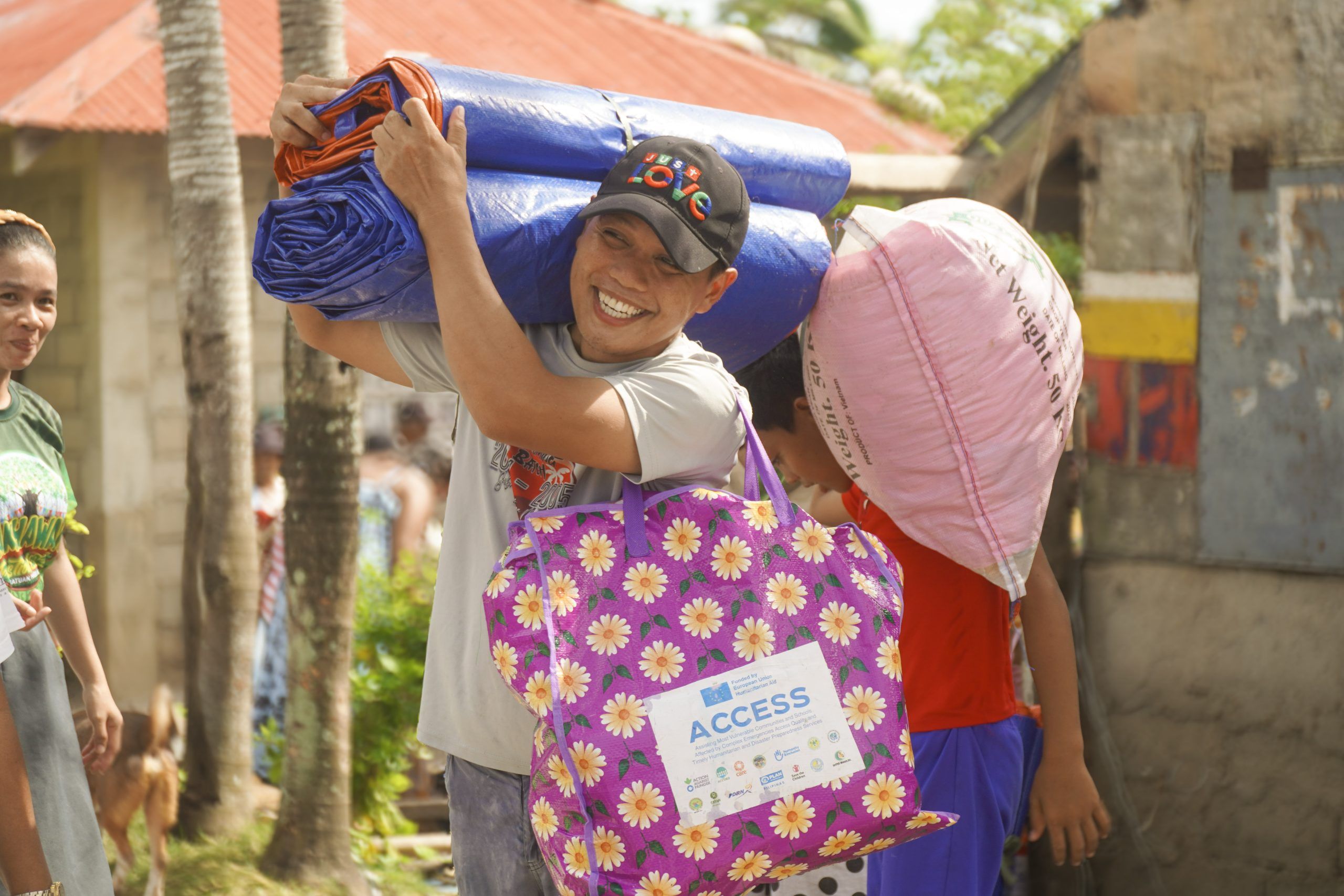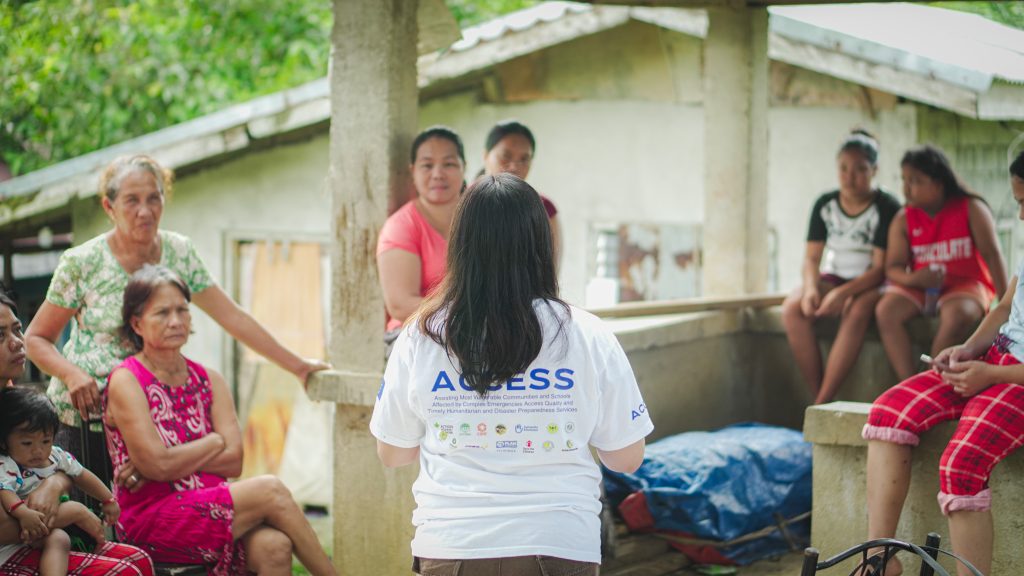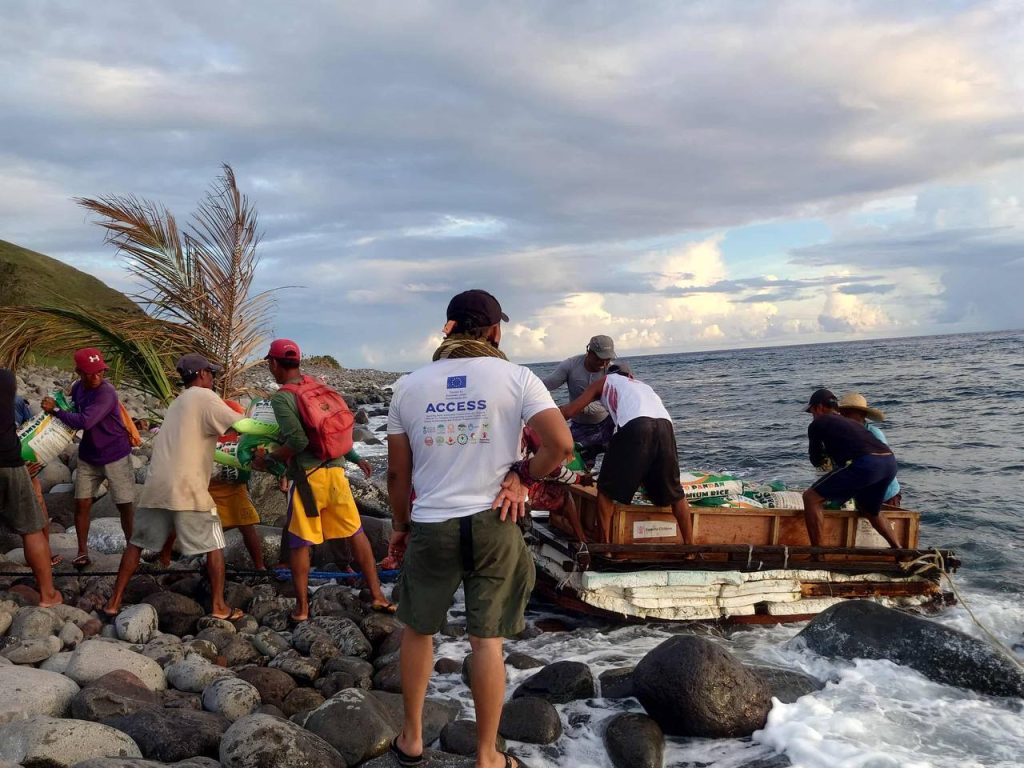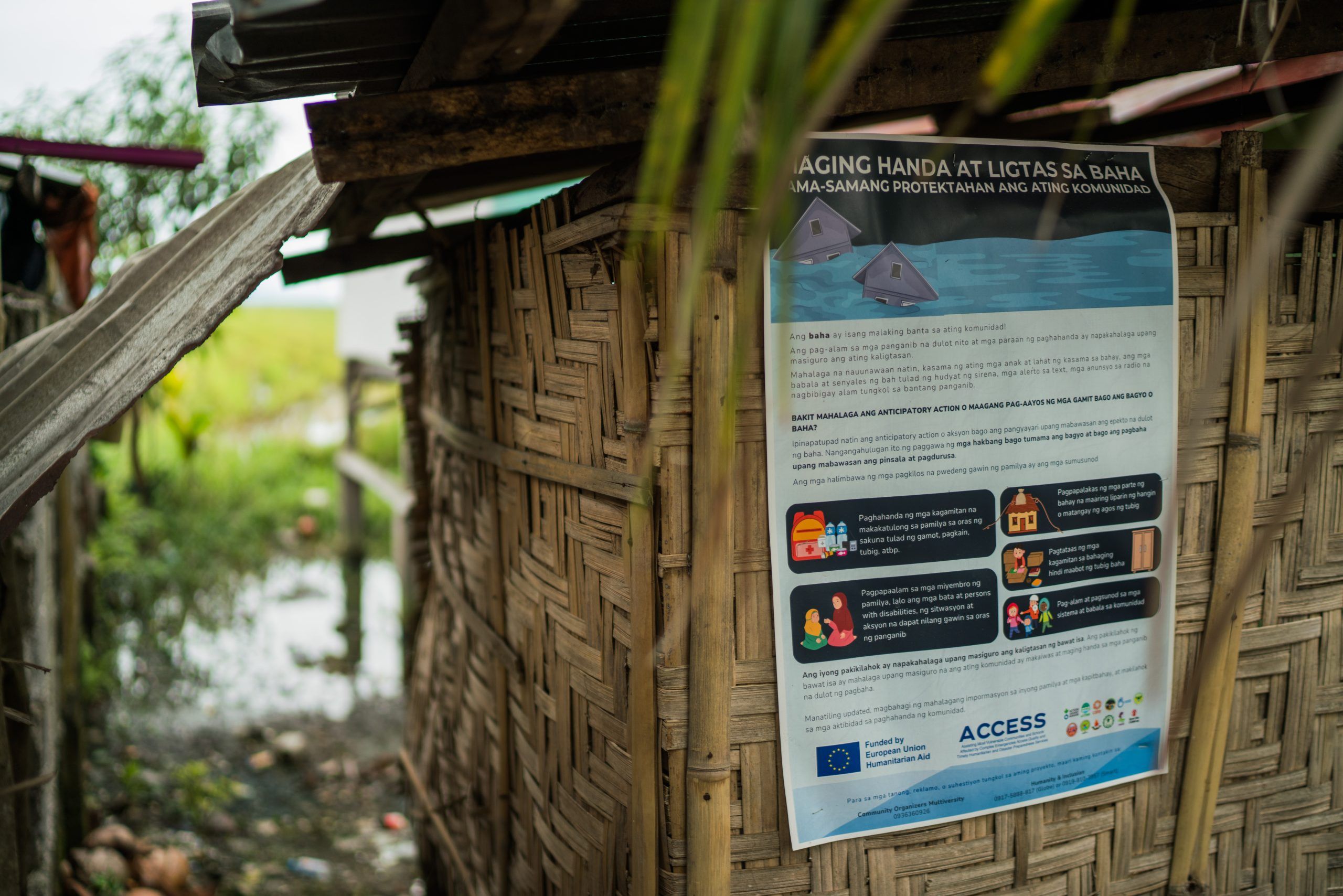Cebu communities recovering from back-to-back emergencies meet with EU Ambassador to the Philippines
PRESS RELEASE






European Union Ambassador to the Philippines Massimo Santoro visited Cebu on 2 December 2025 to reach out to communities affected by the 30 September magnitude 6.9 earthquake and tropical cyclone Tino, which in early November brought unprecedented floods to the province.
“We stand with communities in the Philippines recovering from major back-to-back to emergencies. With our partners in the ACCESS Project, the EU is committed to addressing their needs and supporting their recovery”, said Ambassador Santoro after meeting with survivors and local officials in Cebu.
During his visit, he also witnessed ongoing relief efforts facilitated by the EU Humanitarian Aid-funded ACCESS Project, which since 2023 has been providing emergency assistance to the most affected communities across the country.
In the immediate aftermath, ACCESS mobilized rapid, lifesaving assistance, including psychological first aid, clean water, hygiene supplies, essential household items, and protection support.
“We work alongside local communities and stand beside them as partners. Through ACCESS, we work hand in hand with community leaders, volunteers, and civil society groups to ensure that lifesaving assistance reaches the most affected families quickly, safely, and with dignity,” said Reiza Dejito, Country Director of CARE Philippines, which leads ACCESS.
“Through close coordination with the local and provincial governments and humanitarian coordination platforms, we made sure our inclusive humanitarian interventions filled the most urgent gaps, particularly for persons with disabilities and other vulnerable sectors. These actions complemented the government’s response and helped reach communities with the greatest needs,” said Melanie Ruiz, Country Manager of Humanity & Inclusion Philippines, part of the ACCESS consortium.
In 2025, the EU approved emergency funding totaling € 3.7 million (approximately PHP 252 million) with a significant portion going to the ACCESS Project to provide timely, appropriate, dignified aid to the most affected, at-risk, difficult-to-reach communities across the country.
| About the Organizations: EU Civil Protection and Humanitarian Aid: The European Union and its Member States are among the world’s leading donors of humanitarian aid. Relief assistance is an expression of European solidarity with people in need all around the world. It aims to save lives, prevent and alleviate human suffering, and safeguard the integrity and human dignity of populations affected by disasters and human-induced crises. Through the Directorate General for European Civilian Protection and Humanitarian Aid Operations of the European Commission, the European Union helps millions of victims of conflict and disasters every year. With headquarters in Brussels and a global network of field offices, the EU provides assistance to the most vulnerable people on the basis of humanitarian needs. ACCESS: The Assisting the Most Vulnerable Communities and Schools Affected by Complex Emergencies Access Quality and Timely Humanitarian and Disaster Preparedness Services (ACCESS) Project is a multi-year, multi-sectoral humanitarian and disaster preparedness initiative funded by European Union Humanitarian Aid. It serves the most affected, underserved, difficult-to-reach communities in the Philippines, where natural hazards, conflict, recurrent displacement, and intensifying climate-related risks continue to threaten lives and livelihoods. It is implemented by a consortium of 14 local and international organizations: ACCORD, Action Against Hunger Philippines, CARE Philippines, Community Organizers Multiversity (COM), Humanity & Inclusion Philippines, Integrated Mindanaons Association for Natives (IMAN), Kadtabanga Foundation for Peace and Development Advocates, Mindanao Organization for Social and Economic Progress (MOSEP), Oxfam Pilipinas, People’s Disaster Risk Reduction Network (PDRRN), Plan International Pilipinas, Save the Children Philippines, United Youth for Peace and Development (UNYPAD), and United Youth of the Philippines – Women (UnYPhil-Women). |
Media contacts:
Tanya Mariano
Communications Specialist, CARE Philippines
tanya.mariano@care.org | 09178514881
Thelma Gecolea
Public Affairs Officer, EU Delegation to the Philippines






























